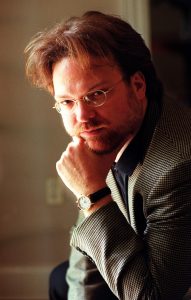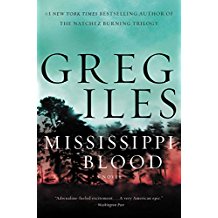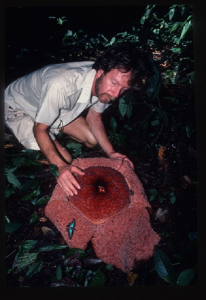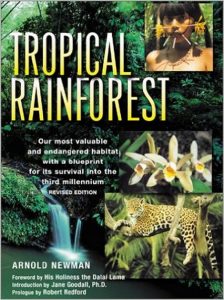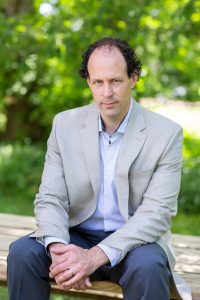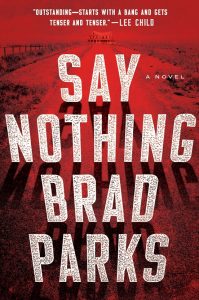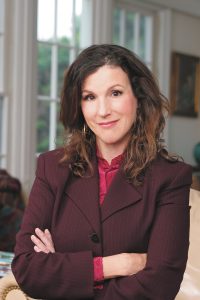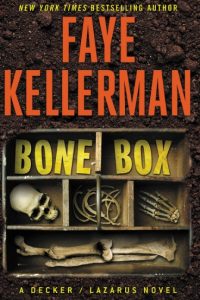C.J. Box, the New York Times bestselling author of sixteen Joe Pickett novels, has millions of fans. In addition to the Joe Pickett series, he’s written five standalones, and a short story collection, Shots Fired. He’s won multiple awards for his fiction. His books have been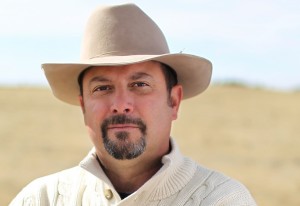 translated into twenty-seven languages. He lives in Wyoming.
translated into twenty-seven languages. He lives in Wyoming.
Vicious Circle, the 17th novel featuring Wyoming game warden Joe Pickett, returns to the storyline begun two novels ago in Endangered. Joe and his family must deal with a vindictive ex-con killer, Dallas Cates, who returns to town seeking revenge against Joe and his family. Though Joe and his family are at grave risk, Joe is hamstrung by the law and there’s isn’t anything he can do without proof Dallas Cates is out to satisfy his bloodlust.
Joe Pickett is unlike many contemporary thriller protagonists. He’s happily married; is a good father; doesn’t have a dark past; works hard; and is very honest. What do you feel makes him such a beloved fictional character?
I think it’s because he’s real and he’s also flawed. Therefore, the reader has empathy for him. The reader knows he can screw thi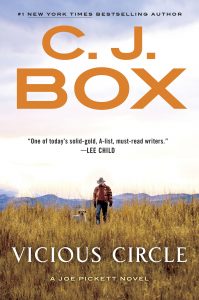 ngs up and something bad can happen to him and his family. I hope it draws the reader in more because it’s easy to see one’s self in his situation. A reader can easily identify with Joe.
ngs up and something bad can happen to him and his family. I hope it draws the reader in more because it’s easy to see one’s self in his situation. A reader can easily identify with Joe.
Nate Romanowski appears in Vicious Circle. He’s a fascinating character. Will you tell us a little about him?
Nate was introduced in the third Joe Pickett novel, Winter Kill. He’s a master falconer with a Special Forces background. He has a complicated past and present. His relationship with Joe has gone from one end to the other. Nate has been around through most of the books. He has a code of his own and has gotten in big trouble at various times. Recently, all federal charges against him were dropped. He’s trying to go straight. He’s really at his best when he has an enemy against whom he can take action.
Vicious Circle has various thematic elements, one of them being revenge for perceived wrongs. Will you talk about this as a classic western theme?
I think revenge is one of the three or four classic western themes. The bad guy comes back to town and the good guy must stand up to him. I think it’s more nuanced than that in this book. Joe has some empathy toward Dallas Cates, the bad guy who’s coming back. Joe feels that as a law enforcement officer, he participated in over-charging the man and feels he did it in a way that wasn’t completely ethical. Joe is willing to drop the feud if Dallas will just stop in his quest.
How would you characterize the Joe Pickett novels? Are they thrillers, westerns, or both?
I think they’re both. I like to think of them as contemporary westerns. There are mystery elements, thriller elements, but mainly they’re adventurous tales. I don’t sit down and wonder if I’m going to write a mystery or a thriller. Almost all the books are westerns to some degree. I recall talking to George Pelecanos, whose books are mostly set in the mean streets of Baltimore. He considers his books to be westerns.
The prose in Vicious Circle is elegant, yet straightforward and easily readable. How would you describe your writing style?
I try not to show off. I want to simply communicate as effectively as I can to tell a story. I think that comes from my background as a journalist and from what I enjoy reading. I pare things back. If I write a purple prose paragraph describing scenery, I’ll go back and try to cut it down to its essence so the reader gets a good sense of what it looks and smells like, but doesn’t go on and on.
Speaking of what you enjoy reading, who are your literary influences?
My favorite author of all times is Thomas McGuane. I also enjoy reading books by Jim Harrison. I’m a big fan of Cormac McCarthy. They all write contemporary westerns in a straightforward style. And they all have a great sense of place.
Other than Joe himself, which character in Vicious Circle was most compelling to write?
Some of the secondary characters were a lot of fun to write. Randall Luthi, an ex-con recruited to help Dallas go after the Pickett family was complicated and interesting. I also found Wanda Stacy to be complicated, especially since she gets caught up in the action through no fault of her own. Another fun character to write was Dave Farkus.
Is there anything about your writing process that might surprise our readers?
I do a lot of research. It’s sometimes my favorite part of the writing process. I then construct an outline based on the research. Then, I try to pull the reader through the research in a page-turning way.
Do you have a strategy for overcoming writer’s block?
I can’t say I’ve ever had it. I’ve had periods where I’m so busy doing things that I can’t find large blocks of time in which to write. When I feel a little stymied, I don’t have a problem. I write an outline and know where the story is going. Even on days when I don’t necessarily feel like writing, I still put words down on the page and can go back and fill it in later.
What’s coming next from C.J. Box?
Every other year I write a standalone. This year, Paradise Valley will come out. It’s the conclusion of what’s being called the Highway Quartet, the others being The Highway, Back of Beyond, and Badlands. That’s coming out in July.
Congratulations on writing Vicious Circle, another in the Joe Pickett series which Publishers Weekly described as “the most suspenseful in this world-class series, setting a new standard for C.J. Box.” I found it suspenseful and could easily relate to all the characters in the novel.
Mark Rubinstein’s latest book is Bedlam’s Door: True Tales of Madness and Hope, a medical/psychiatric memoir.





